What does a poem have to do with governing a country, any country, our country? Shakespeare’s Sonnet 94, while often interpreted as referring to the power of art patrons over artists, has a lot to tell us about who is capable of governing well and what it means to govern well.
They that have power to hurt and will do none, That do not do the thing they most do show, Who, moving others, are themselves as stone, Unmoved, cold, and to temptation slow: They rightly do inherit heaven’s graces And husband nature’s riches from expense; They are the lords and owners of their faces, Others but stewards of their excellence. The summer’s flower is to the summer sweet Though to itself it only live and die, But if that flower with base infection meet, The basest weed outbraves his dignity: For sweetest things turn sourest by their deeds; Lilies that fester smell far worse than weeds.
In the first line, the poem explains that the first duty of government is to not abuse its power. It’s odd to think of government as having the “power to hurt.” It’s odder to think, as the second line reveals, that good government would somehow involve not doing what it “most shows,” that is, to govern.Yet there is a long and rich pedigree to the thought that government should operate by restraining itself—one that goes right up to our Constitution. Why does the Constitution go through all the trouble of separating governmental powers among the president, Congress, and the Supreme Court? Our “checks and balances” means that each branch of government exerts a restraining force on the other, almost to the point of competition.
The Roman Solution
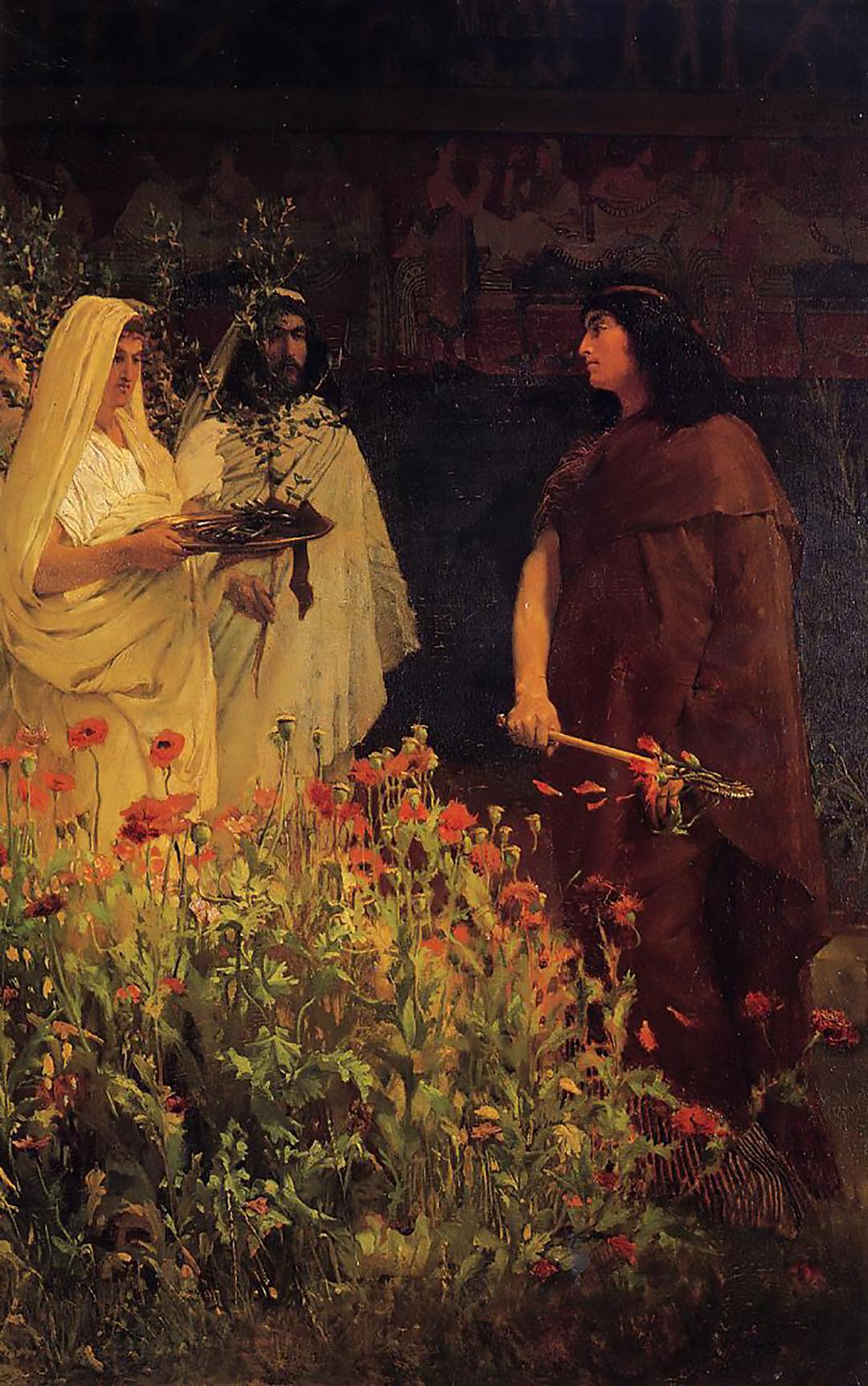
Roman King Tarquin abused his power, and the Romans expelled him from their small city-state. They then considered who should govern. Another king might do the same thing.
Therefore, the Romans came up with an unusual idea, or rather an idea that would not seem strange to those who feared the abuse of government power more than they appreciated its use: They would elect two consuls every year. Each consul had the absolute power of a king. And each consul could nullify the command of the other.
Shakespeare’s Tumultuous Time
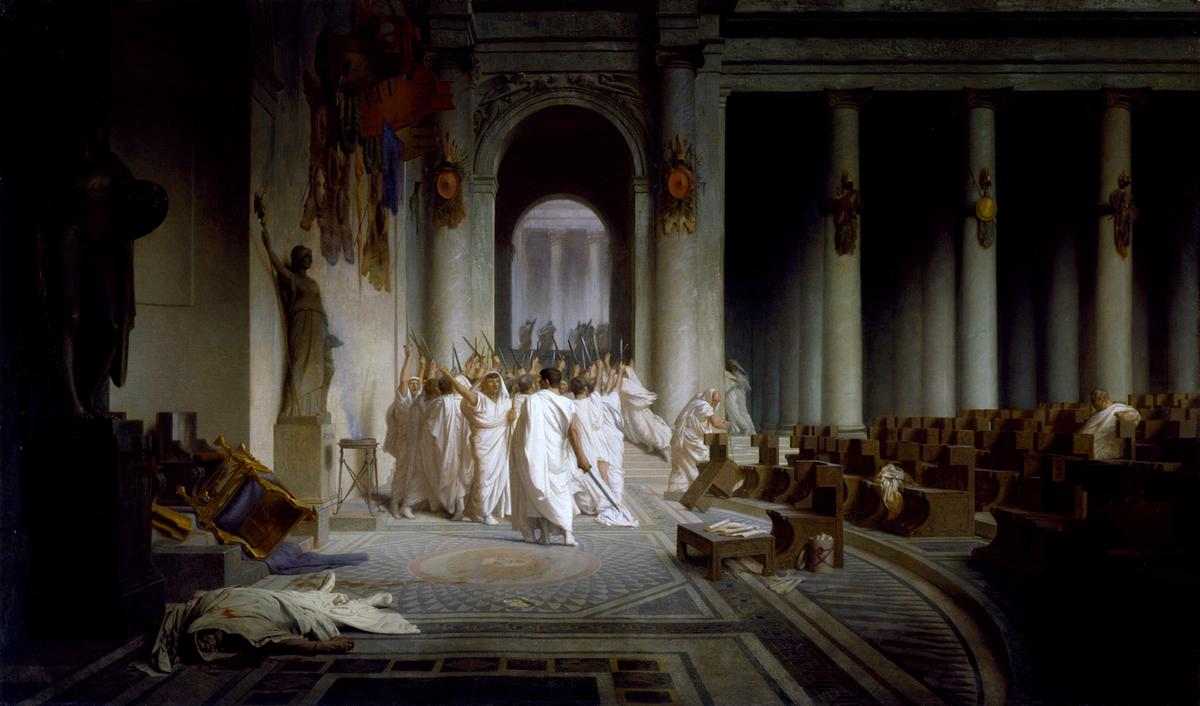
Shakespeare and his fellow Englishmen learned about the Romans in school and were keenly interested in their thoughts about everything, including government. Discussions about rule and misrule were current in both England and Europe as a whole. After all, Shakespeare lived in the last half of the 16th century, which had already seen the Reformation, the Peasants’ Revolt, numerous peasant rebellions, and a hundred other situations where the authority of rulers had been brought into question. While England was still a monarchy, the crown sat uneasily, with the beheading of Charles I only half a century away.
Thus, it’s likely the first thing Shakespeare looked for in good governance was that it did not hurt with the power it was given, and that those with such power should not succumb to awesome and awful temptation that power presents. “Do no harm” is the first principle of our individual moral lives, and for anything to be good, it should not to be bad first.
Owning One’s Face by Inheriting Heaven’s Grace

Furthermore, this same good governor is one who “rightly inherits” the graces of heaven, that is, he partakes in the ultimate ordering of the universe by ruling well. Besides using his power sparingly, he preserves the commonwealth that he directs. Like animal husbandry is the art of keeping animals healthy, “husbanding nature’s riches” means keeping a nation healthy, primarily in avoiding waste.
Everything falls apart eventually, as we know: cars, football teams, our own lives, and even countries. A good car maker is known by how long its cars stay on the road, a good coach keeps his team unified at least for a year, we live well when we keep ourselves healthy, and leaders lead well by prolonging the life of the country they serve.
Leaving Behind a ‘Sweet’ Memory
Like the life of a flower, the lifetimes of all things are a blink of an eye in terms of millennia; yet good lives reverberate through the ages. They are sweet even after they pass away, just as “summer’s flower is to the summer sweet.”Finally, if we continue to view the art of government in the light of Sonnet 94, the last four lines present the strongest warning. A good government is one of a nation’s greatest benefits because it contains and cultivates all the little goods: Individuals can live without fear of violence, family life is not attacked, and communities have the power to help themselves. And so good government is truly one of the sweetest things.
Yet a bad government is as disgusting as the thing it perverts is sweet. And so perverted government, like “lilies that fester,” smells “far worse than weeds.”

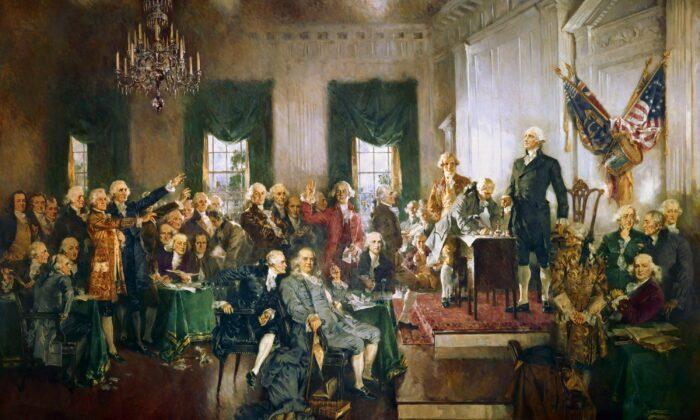
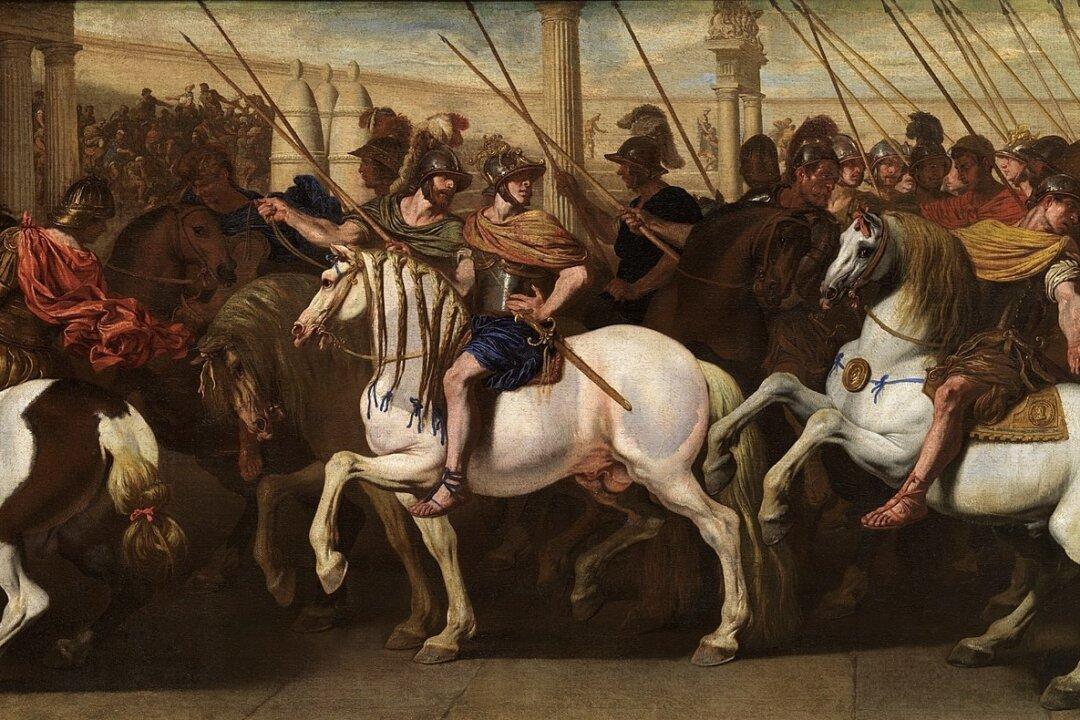
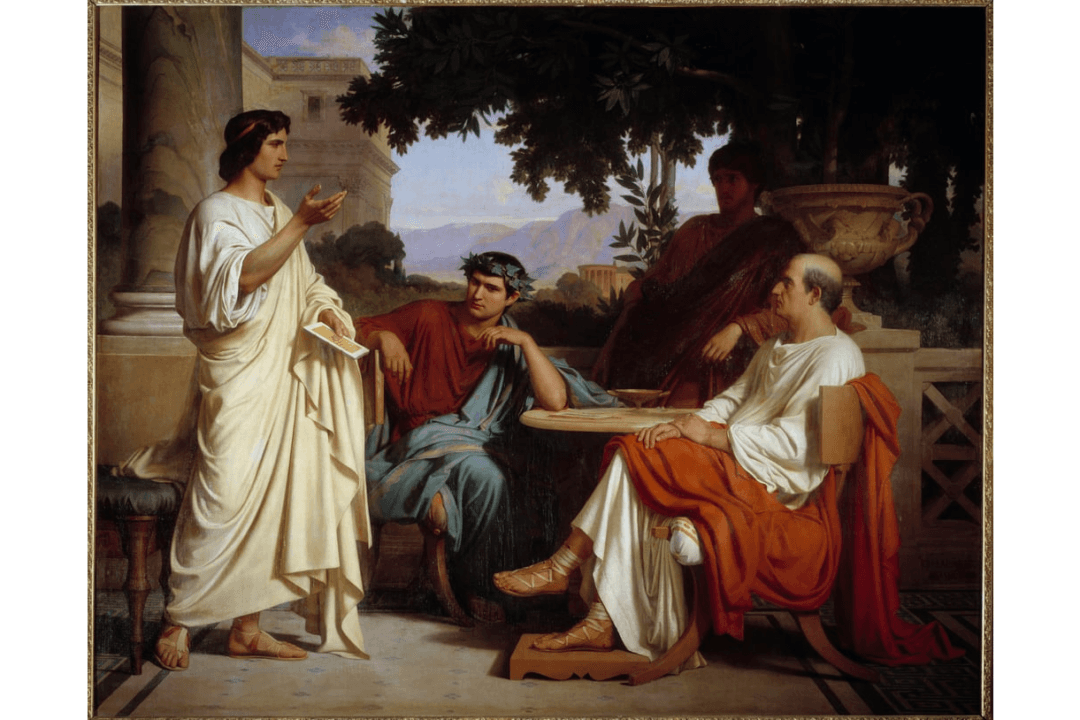


Friends Read Free